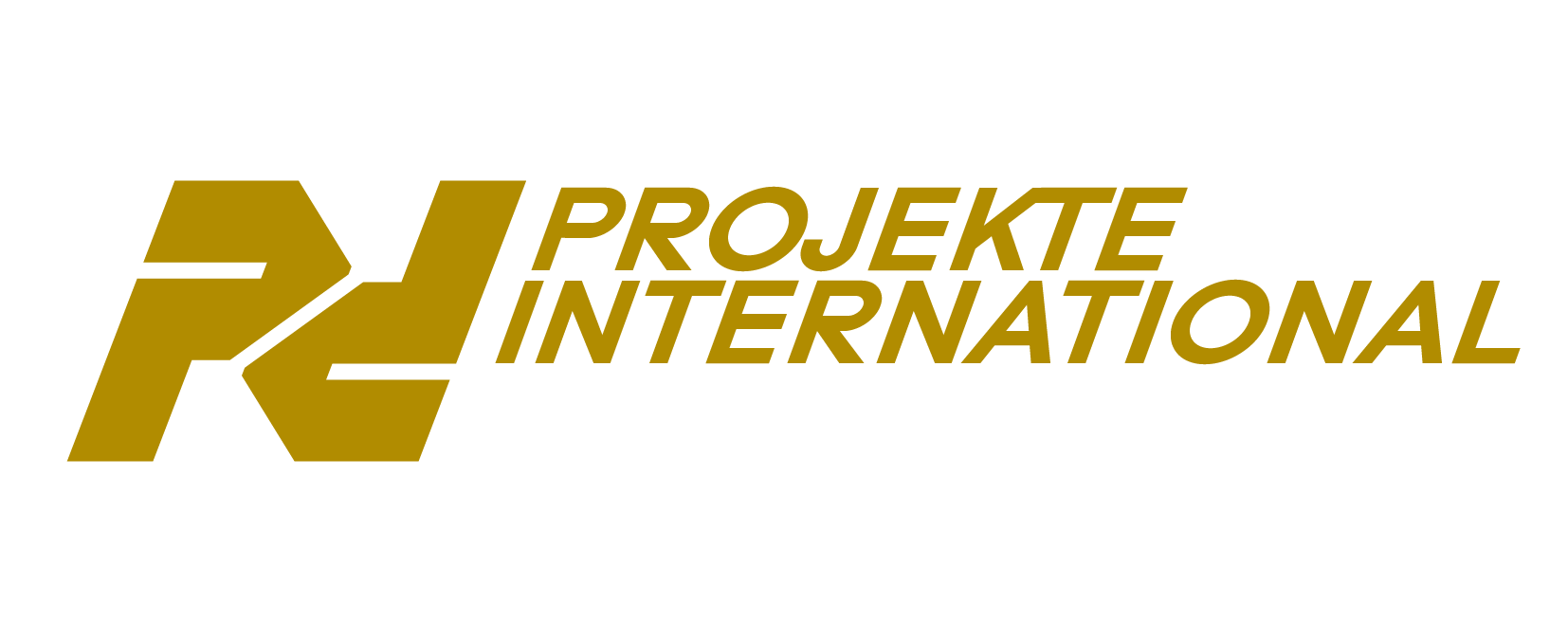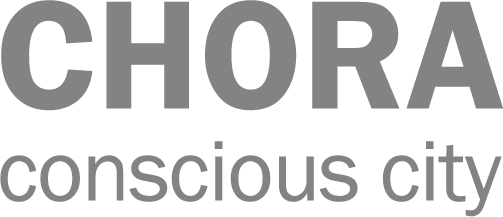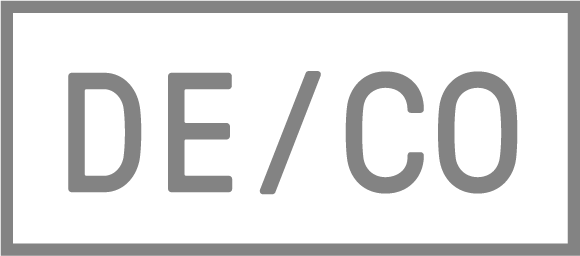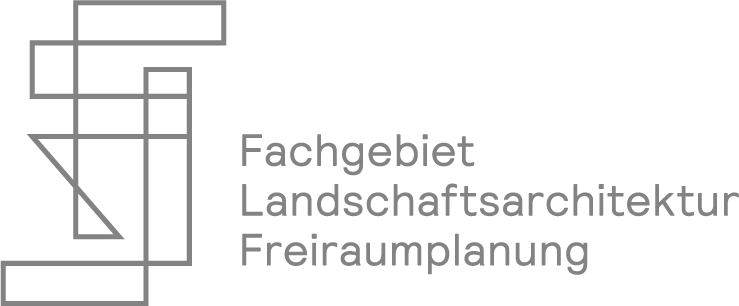DIAGNOSE! Interview with
#6 – Meike Niedbal
By: Daniel Dilger & Tom Rawson
DIAGNOSE! Interview Series
Published on October 21, 2020
Dr. Meike Niedbal // Head of Business Development, DB Station and Service AG at Deutsche Bahn
In this interview, she shares with us her belief in public transport being the key to change mobility in Germany, in Europe, and worldwide. The challenges faced by public transport and Deutsche Bahn in the face of an enduring health crisis are multiple, but it has highlighted the potential for changing habits of its users in a positive way. We get to talk about visions of the future railway station which set out to accommodate such changing mobility habits towards intermodal ‘green’ transport options and includes important investment in the first and last mile.
Moreover, the future station no longer serves as a ‘transit zone’ but a destination which serves multiple needs of the commuter and the wider public. Berlin’s relationship with Brandenburg is discussed as well as their significance within a transnational rail network across Germany, highlighting the benefits of improved links between larger cities for the so-called ‘in-between cities’.
Stimulating further discourse surrounding the inclusivity of future public transport innovation not only for regions who face infrastructural deficit but also how the widest range of user groups can be accommodated. The culmination of the discussion centres around the inextricable link between mobility, logistics and climate change and how this presents itself as the key driver for future #transformation.
Length: 47:05 min
BB2040
[EN] Berlin Brandenburg 2040 was initiated by the Habitat Unit in cooperation with Projekte International and provides an open stage and platform for multiple contributions of departments and students of the Technical University Berlin and beyond. The project is funded by the Robert Bosch Foundation.
[DE] Berlin Brandenburg 2040 wurde initiiert von der Habitat Unit in Kooperation mit Projekte International und bietet eine offene Plattform für Beiträge von Fachgebieten und Studierenden der Technischen Universität Berlin und darüberhinaus. Das Projekt wird von der Robert Bosch Stiftung gefördert.








